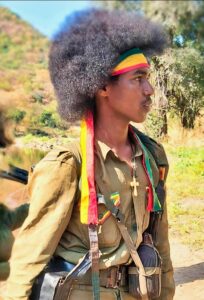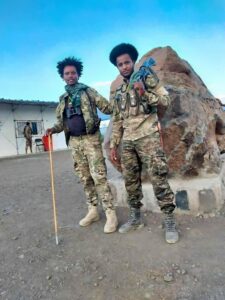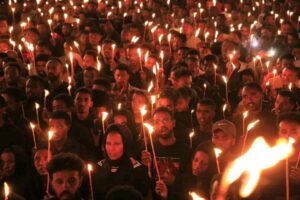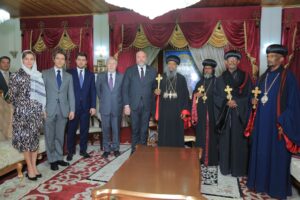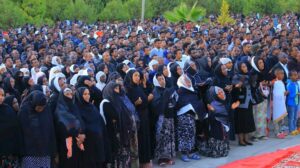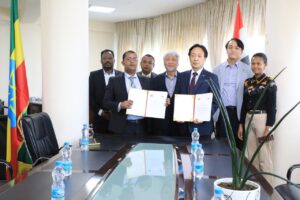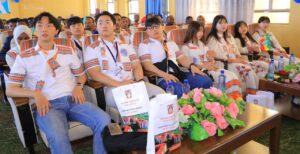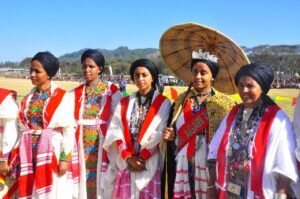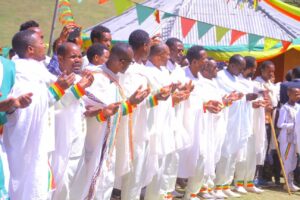Ethiopia › Forums › Ludicrous World › Tigray People’s Liberation Front (TPLF) › Sudanese troops accused of killing many civilians
Sudanese troops accused of killing many civilians
Ethiopia accused Sudanese troops of killing “many civilians” in recent fighting over contested land at the nations’ border.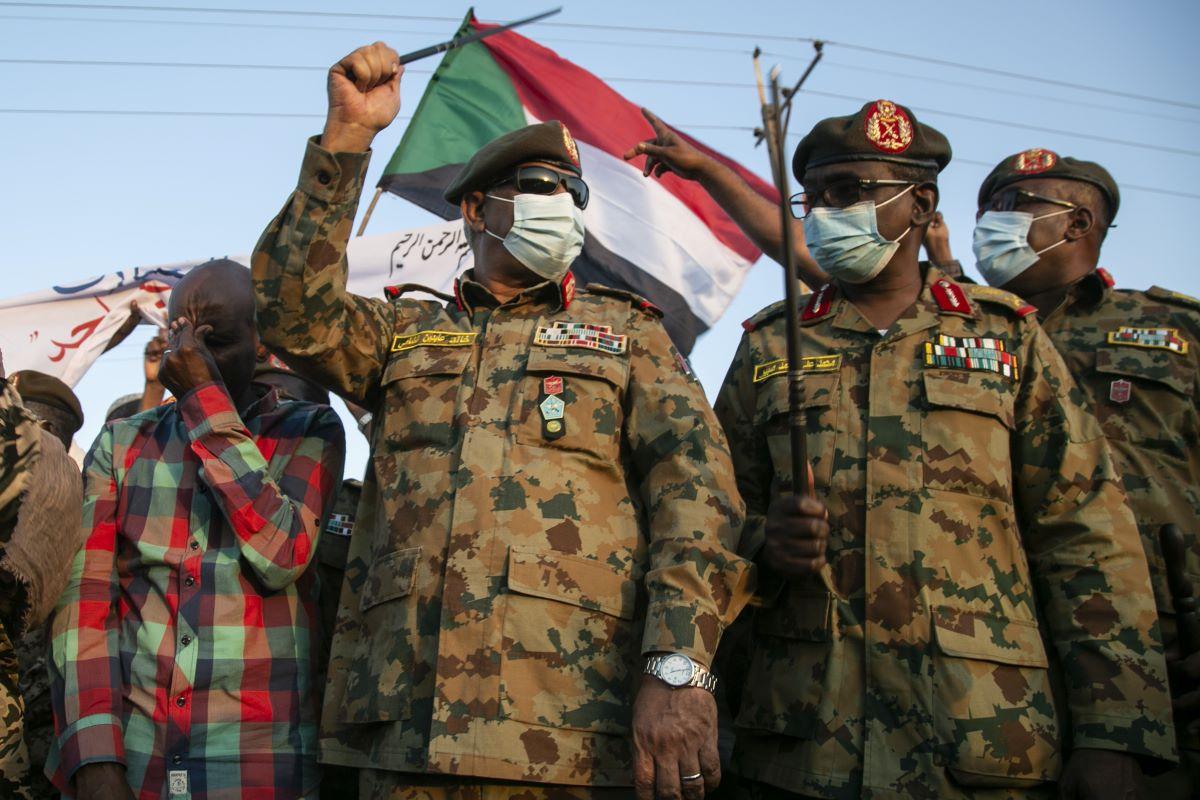
Tensions between the two countries have escalated since conflict erupted in Ethiopia’s northern Tigray region on Nov. 4, with several deadly clashes occurring on fertile farming land in the al-Fashqa area that straddles the border. The dispute risks drawing a third nation into a regional conflict that has already involved troops from neighbouring Eritrea.
Ethiopian authorities have observed Sudanese military forces carrying out organized attacks using heavy machine guns and armoured convoys at their border, Dina Mufti, spokesman for Ethiopia’s Foreign Ministry, told reporters on Tuesday. Ethiopian farmers in the region have had their properties looted, while “many civilians have been murdered and wounded,” he said.
Sudanese Foreign Minister Omar Qamar al-Din didn’t respond to requests for comment and calls to the North African nation’s Information Ministry and the Sudanese army went unanswered.
Al-Din said last week that Sudan’s army have taken control of most of the disputed land in the al-Fashqa area. He played down the prospect of the conflict escalating, saying the government will use diplomatic channels to resolve the dispute.
Both sides met last month to discuss the border issue, but made no progress.
Amhara Militia
Foreign diplomats and Sudanese officials who have been following the talks said that while Sudanese troops moved to the al-Fashqa area after Ethiopian federal troops left to help with the conflict in Tigray, large groups of Ethiopian ethnic Amhara militiamen have mobilized in the area.
Amhara state, whose fighters backed the Ethiopian federal army’s incursion into Tigray, claims ownership of parts of al-Fashqa, including areas that are within Sudanese territory.
Amhara militias are “asserting a renewed aggressiveness on the border that could result in further provocations,” said Cameron Hudson, senior fellow at the Atlantic Council’s Africa Center. “If left unchecked, it represents the kind of ‘low probability, high impact’ scenario that could have devastating and far-reaching consequences.”
Sudan says the border area around al-Fashqa was demarcated under colonial-era treaties dating back to 1902, putting the land firmly inside its international borders. Khartoum has historically allowed Amhara farmers to conduct business and live on the fertile land as long as they pay taxes and operate under Sudanese laws and, in turn, Ethiopia has recognized the land as Sudanese.
Foreign Fighters
The Sudanese border has already been destabilized by the fighting in Tigray. The UN said Tuesday that scores of refugees continue to arrive in Sudan because of persistent violence in the area.
“Some 800 people crossed from Ethiopia’s Tigray region into eastern Sudan in just the first few days of the new year,” said Andrej Mahecic, a spokesperson for the UN’s refugee agency in Geneva. “Latest arrivals tell of being caught in the conflict and being victims of various armed groups.”
Despite previous denials, Ethiopian officials have begun conceding the presence of Eritrean troops inside Tigray. Speaking on Tigray’s regional broadcaster, which is now effectively controlled by Abiy’s administration, Ethiopian army Major-General Belay Seyoum said last week that Eritrean troops had entered Ethiopia “uninvited” while federal forces were under attack by Tigrayan troops.
“We feel bad this had to happen,” he said. “We can resolve our internal issues by ourselves. We are capable of doing so.”
Ethiopia Autonomous Media


